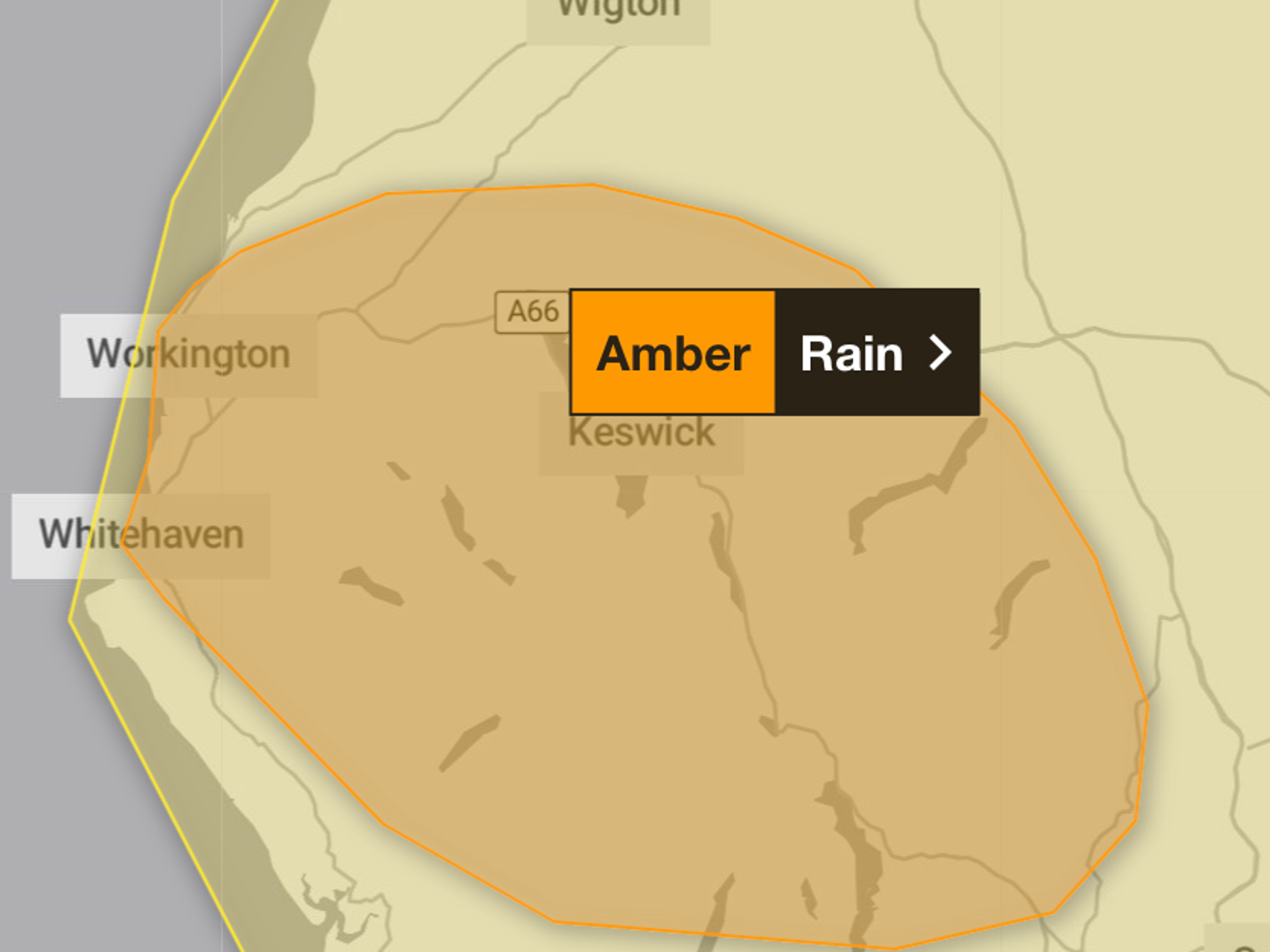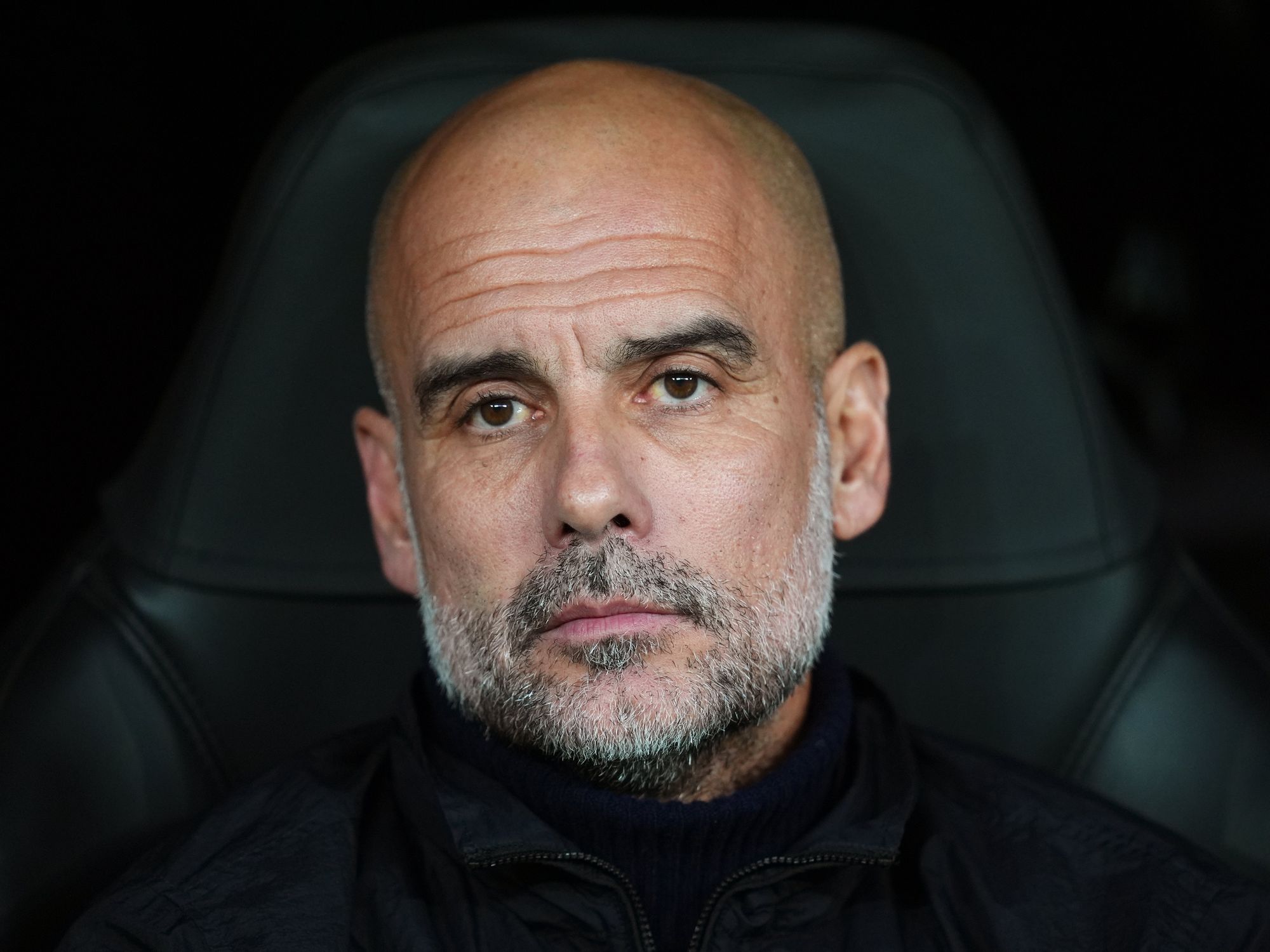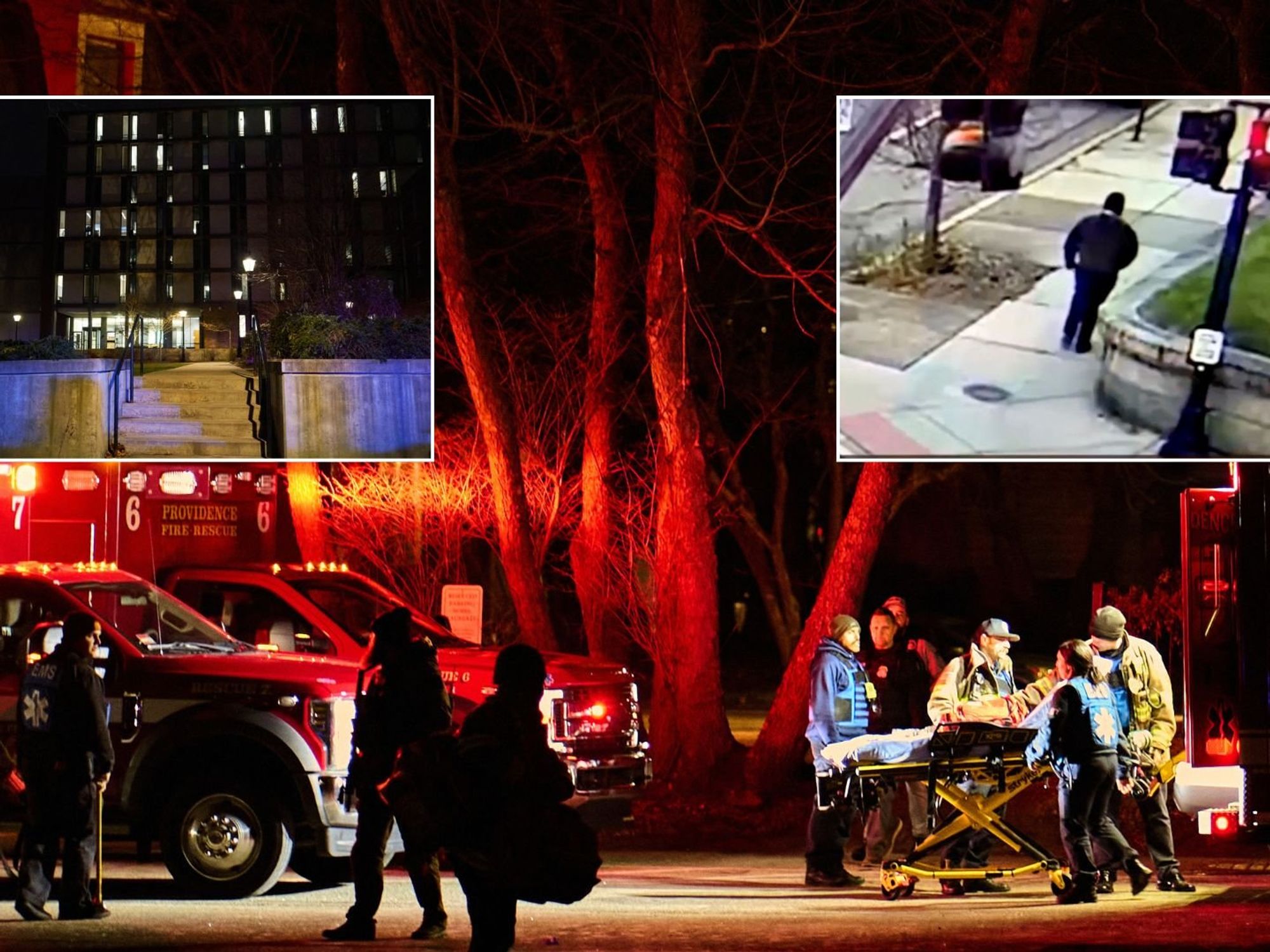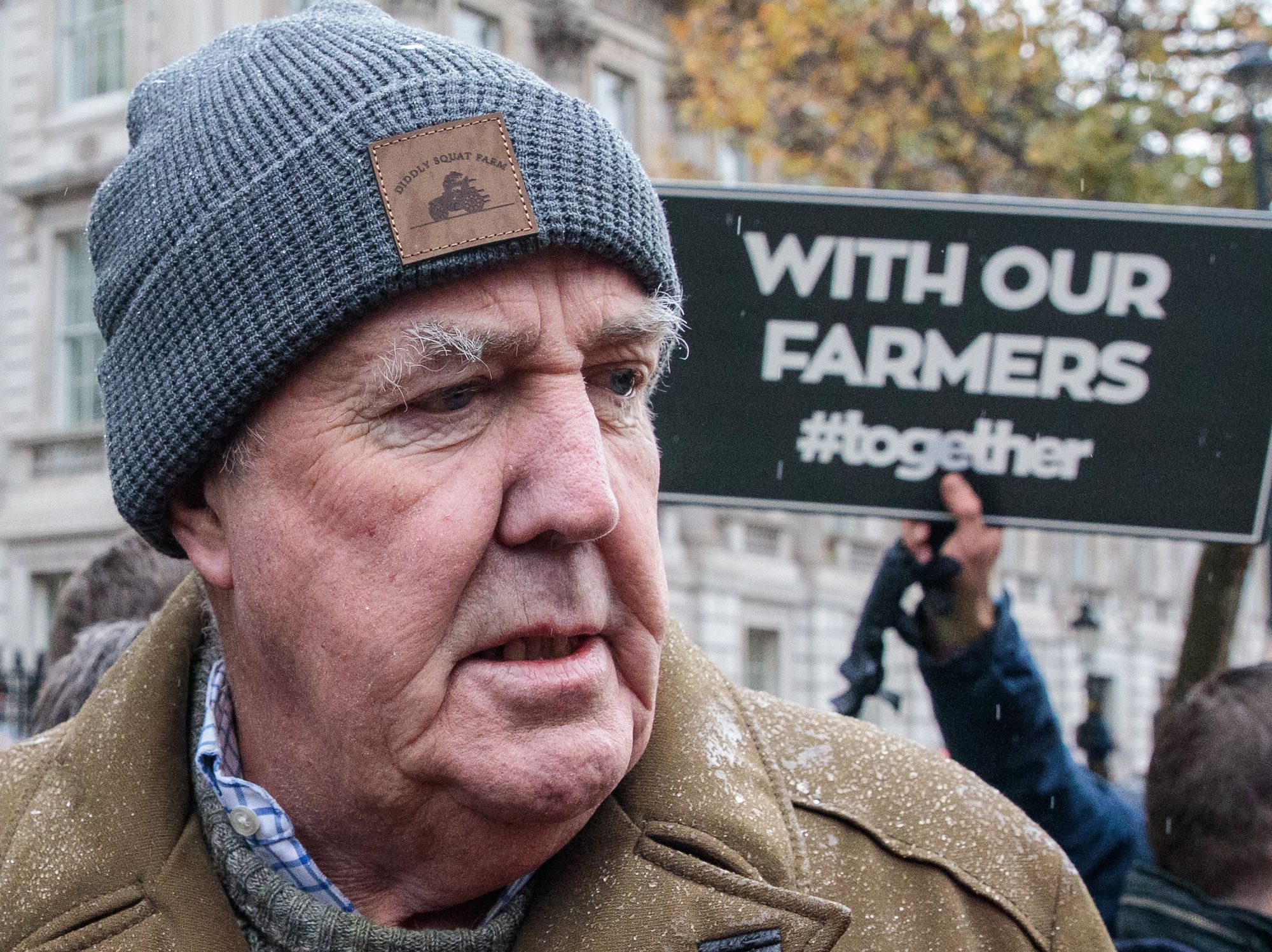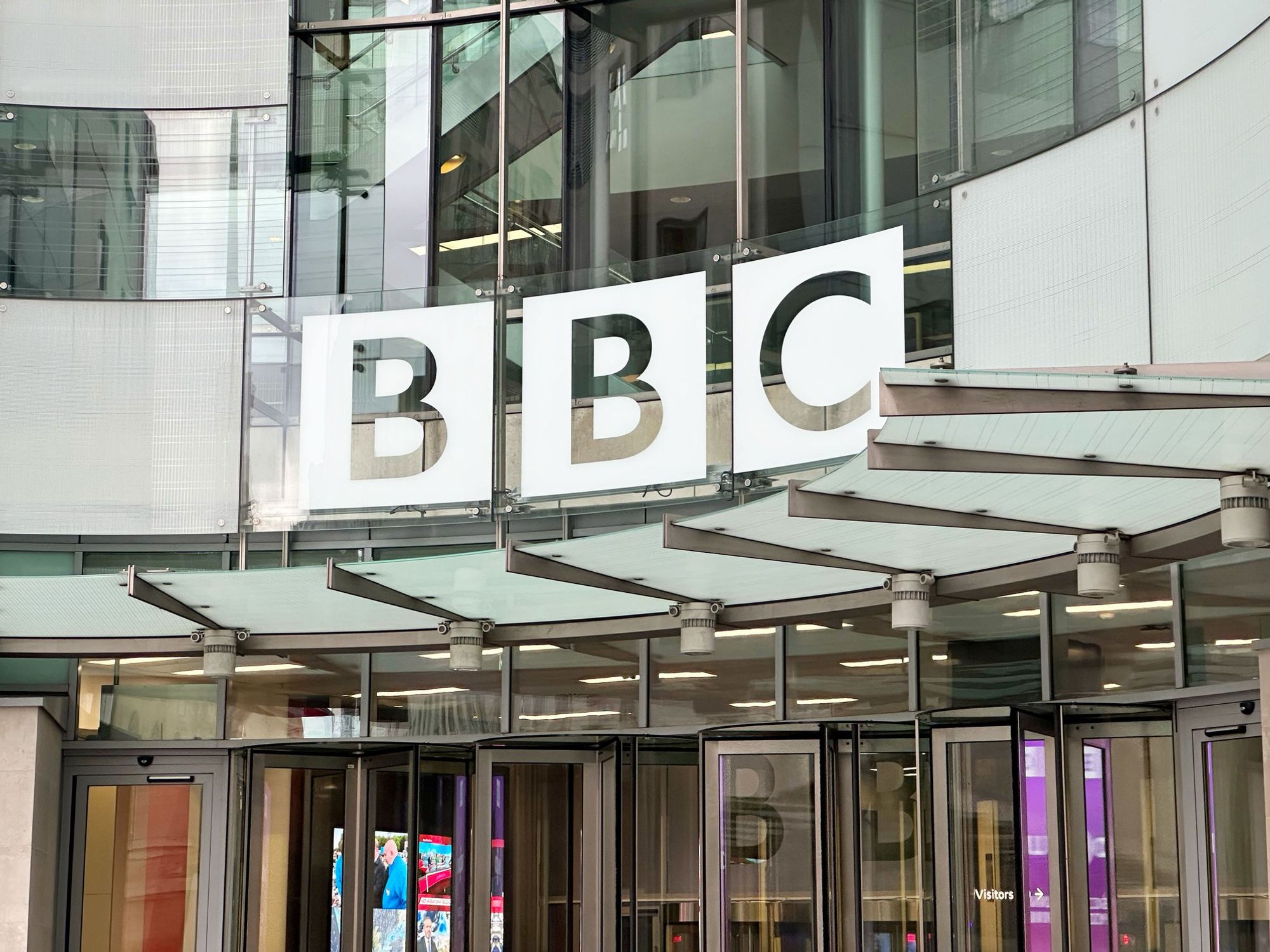Andrew Doyle: Just 20% of Britain is on Twitter - we need to stop thinking it represents real life

By Andrew Doyle
Published: 07/08/2021
- 16:31Updated: 07/08/2021
- 18:53I hate Twitter. It’s a cesspit where generally good people end up behaving like belligerent teenagers.
Don't Miss
Most Read
Latest
I hate Twitter. It’s a cesspit where generally good people end up behaving like belligerent teenagers. Normally sensible adults suddenly find themselves engaging in trash talk with a cartoon unicorn. It’s really undignified. Sort of like having an arm wrestle with Peppa Pig. The thing is, if you ever met these people offline they’d probably be quite nice. It’s just that social media has a kind of Jekyll and Hyde effect. Maybe it's because of ego.
On Twitter, there’s always this awareness that other people are watching. So the arguments aren’t really about getting to the truth – they’re about being seen to win. The trouble is that most of the media and the political establishment now inhabit the digital creche that is Twitter, and they’re perfectly prepared to squabble like toddlers in full view of the public. They lie, they smear, they misrepresent.
And academics seem to be the worst of all. Recently I saw an American academic complaining about how her free speech had been violated after her university didn’t renew her contract because of her conduct online. But she’d been calling strangers ugly scumbags, and spamming their tweets with semi-pornographic memes.
You can’t really maintain authority with your students if they know you have the emotional intelligence and social grace of a gremlin who’s been fed after midnight. If all this infantile behaviour was just limited to cyberspace, it wouldn’t really matter. But the problem is that it seems to infect public discourse.
You’ve got major figures in the media and politics comparing their opponents to Nazis, or claiming they can intuit their secret motives. They interpret each other in the most ungenerous possible way, or assume that anyone who disagrees with them must be evil. That’s how Twitter works, and increasingly that’s how the real world works too.
Many of you will remember the story of Chloe Swarbrick, a Green Party MP in New Zealand.
She was challenged in parliament, but instead of responding with a counter-argument, she said “Ok boomer”. That may be an extreme example of what I'm talking about, but it’s a sign of the way things are going.
To be honest, I didn’t even know New Zealand had its own parliament. I thought it was just a timeshare for rich Australians.
There’s a concept called a ‘legitimation crisis’, whereby figures of authority are no longer trusted by the general public. We seem to be going through precisely that at the moment. Part of it is because of the impact of the culture wars.
We’ve seen all our major political, educational, and artistic establishments captured by the ideology of Critical Social Justice, by which it is believed that educating the masses on the “correct” way to think is more important than objective truth. The media is captured too, so nowadays whenever I read a news story in a mainstream broadcaster, I have to check it in multiple sources to be sure it’s not being misrepresented.
Why is it, for instance, that so many in our media are desperately trying to push the narrative that the UK is irredeemably racist? Poll after poll shows that we are lucky enough to live in one of the most tolerant societies that has ever existed. The EU’s 2019 report Discrimination in the European Union, one of the most comprehensive public opinion surveys ever conducted, revealed that the UK is one of the least racist societies on earth.
Shouldn’t we be happy about that? That’s not to say that we should be complacent about racism. It’s a cancer that has no place in a civilised society. But look how eager the media seemed to be to take a handful of abominable tweets by idiots after the European Cup and use it as evidence that we live in a reactionary hellhole. Those tweets were universally condemned. They had been posted by anonymous cowards on the web, because they know that to say those things openly in our society would make them pariahs. And rightly so. We just don’t accept that kind of behaviour. And nor should we. And now we have some statistics. The UK Football Policing Unit received 600 complaints of racist comments. They identified 207 to be what they describe as criminal. Of these 34 came from the UK.
And 11 people have been arrested. It’s impossible to gauge these things precisely. Some people have theorised that racists from the UK are using VPNs to make it look like their tweets came from abroad. Some have theorised the opposite, that racists from overseas are using VPNs to promote the view that Britain is a nation of bigots. Others have suggested that anti-racist activists are posting fake tweets to provide further support for their view that we live in a society swarming with fascists.
All of this kind of speculation doesn't really make much of a difference to the overall picture. 31 million people in the UK watched that final. There were hundreds of thousands of posts about the game on social media. So one thing we can say for absolute certain is that the people posting racial abuse are in a vanishingly rare minority.
Not that you’d know it from the media coverage. The point isn’t that these tweets weren’t repugnant or serious, but that we shouldn’t be using them to make spurious claims about the extent of that kind of attitude more generally.
If we do that, you know who benefits? The racists. It allows them to think that they’ve got mainstream support, when in fact they are very much on the fringes. My view is that the best way to tackle racism is to stand up against it as and when it occurs, not to imagine it’s more prevalent than it is, wildly exaggerate its extent, and effectively act as PR for the worst people in society.
Above all, we really need to remember that Twitter is not real life.






